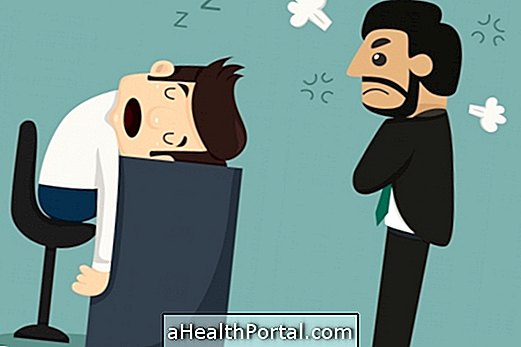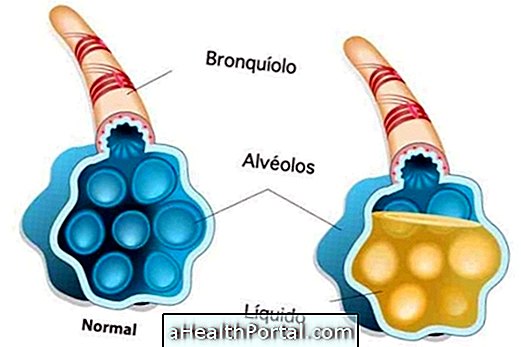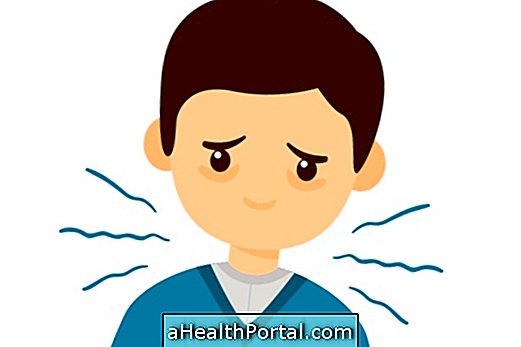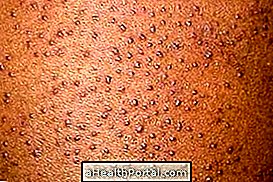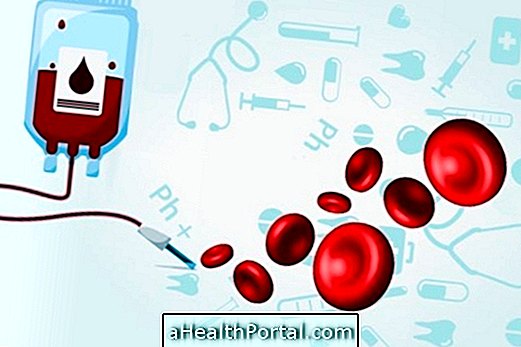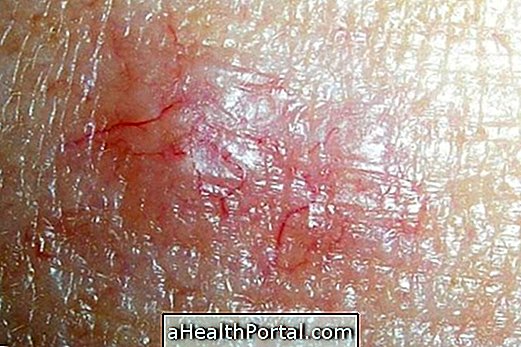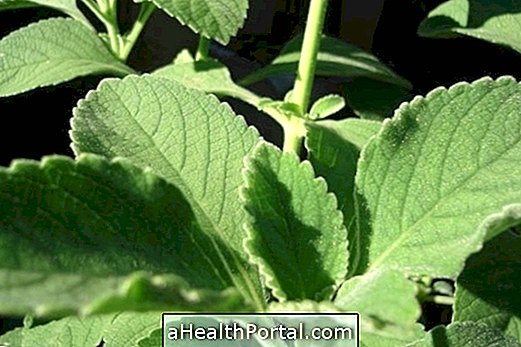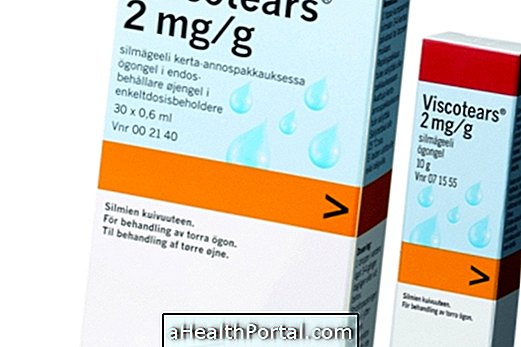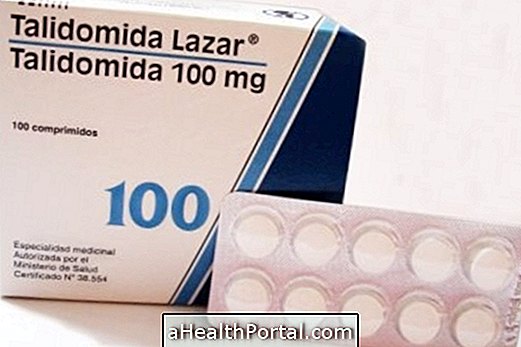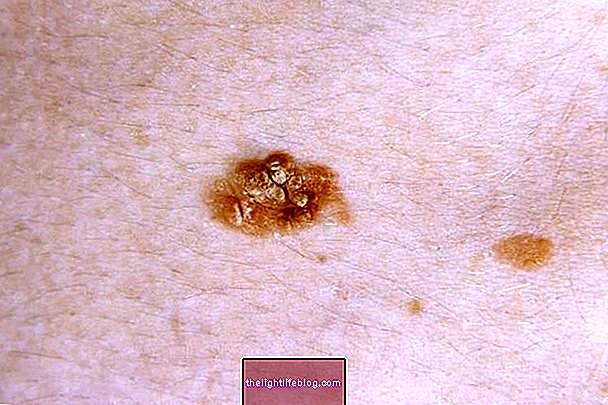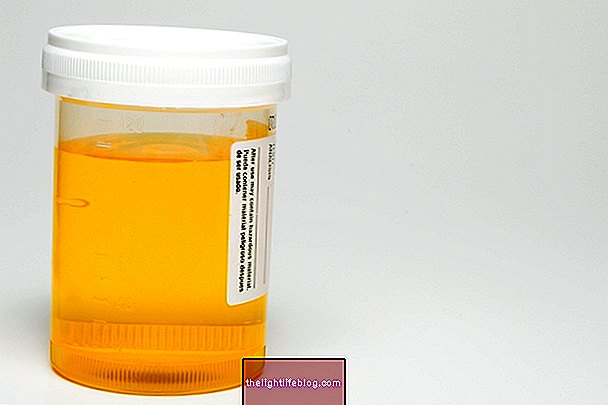Symptoms of tetanus usually appear 2 to 28 days after contamination, with fever, muscle spasms, and stiff neck.
Tetanus infection occurs when bacteria enter the body due to an injury to an object contaminated with the spores or eggs of the bacteria, especially objects with rust, feces or that have been in the soil.
If you have a wound and think you may have tetanus, select your symptoms to know the risk:
- 1. Painful muscle spasms throughout the body Yes No
- 2. Feeling of clenching teeth Yes No
- 3. Stiff neck muscles Yes No
- 4. Difficulty swallowing Yes No
- 5. Hard and sore belly muscles Yes No
- 6. Fever below 38º C Yes No
- 7. Presence of infected wound on skin Yes No

These symptoms arise because the bacteria reaches the nervous system, affecting all body muscles. So when not treated quickly, tetanus can cause serious problems such as difficulty breathing and life-threatening. Learn more about tetanus.
How to confirm the diagnosis
In most cases, tetanus is only identified by evaluation of the patient's symptoms and clinical history, such as vaccination and development of infected wounds, and there are no tests to help identify the infection.
How to avoid tetanus contamination
The main form of prevention is the tetanus vaccine, which is part of the national vaccination schedule, and should be administered in several doses that should be taken at 2, 4, 6 and 18 months of age, with a reinforcement between the 4 and the 6 years. However, the vaccine does not last for a lifetime, and is therefore repeated every 10 years. Learn more at: Tetanus vaccine.
In addition, it is also important to avoid cutting the skin, keeping all wounds covered and cleaned, and seek appropriate treatment for burns and other types of injury, which facilitate the entry of tetanus bacteria into the body.
How to treat
Treatment for tetanus is usually started with a vaccine against this disease, to activate the immune system, and an injection with a neutralizer of bacterial toxins that have not yet bound to the nerves.
In addition, treatment may also include the use of antibiotics, muscle relaxants such as Diazepam or Baclofen, and regular wound cleaning.
Usually the treatment is done at home, but in more severe cases it may be necessary to stay hospitalized for a few days. Learn more about tetanus treatment.
